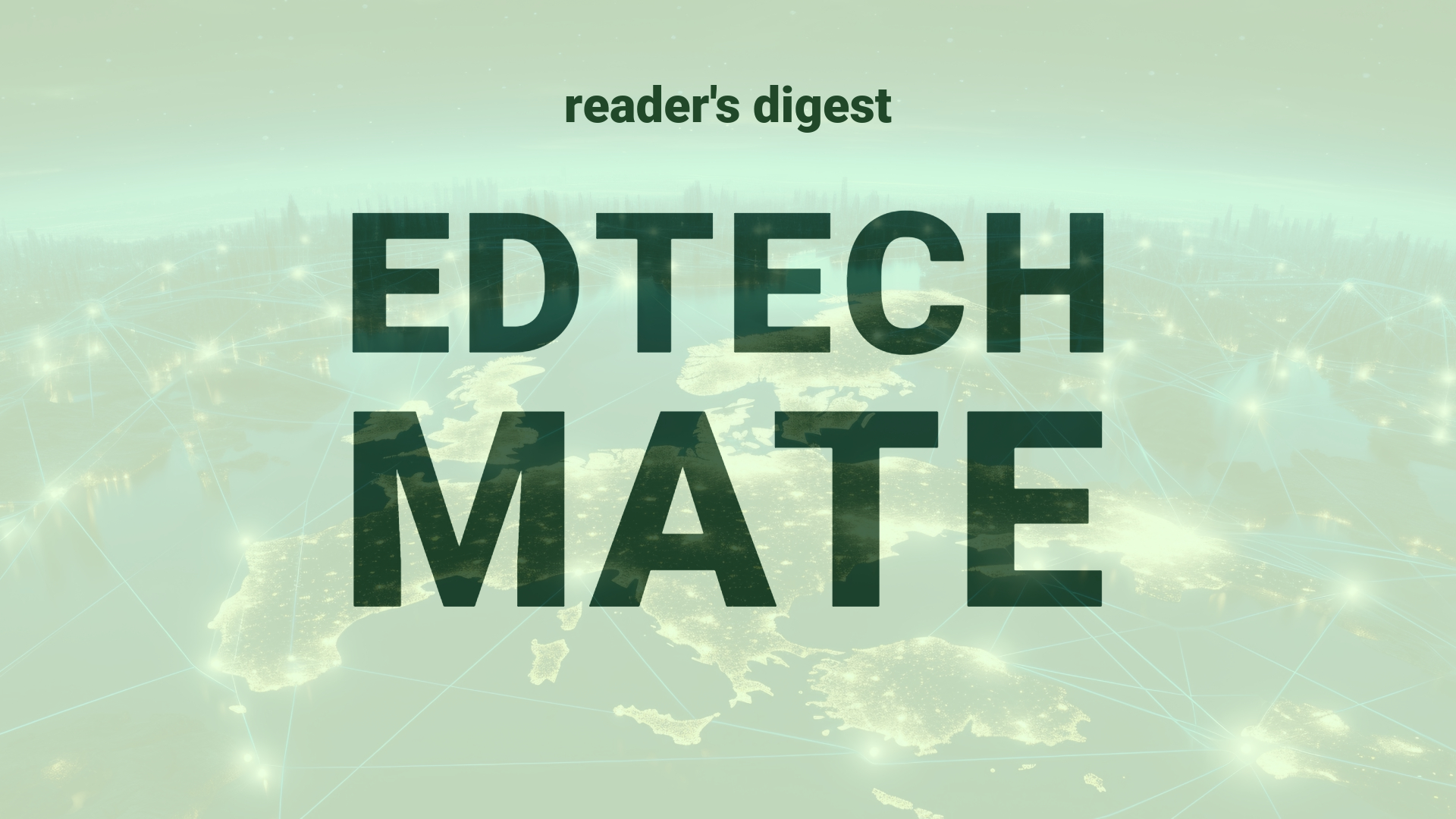Executive Summary and Main Points
Tesla’s recently released Q2 2024 vehicle production and delivery statistics show an impressive performance, outstripping analyst expectations. While there was a 4.8% decrease in deliveries compared to the previous year, the figures still represent a significant 14.8% increase from Q1 2024. This performance comes despite setbacks from factory shuttering due to an alleged arson in Germany and shipping delays from regional conflicts. The electric vehicle (EV) giant experienced sales challenges, potentially influenced by an aging vehicle lineup, heightened competition, particularly from China, and the public relations impact of CEO Elon Musk’s actions. Nevertheless, Tesla has undertaken strategies such as offering discounts and zero-interest loans in China to boost vehicle sales. Investors are now anticipating both the Q2 earnings report and the upcoming reveal of Tesla’s robotaxi concept, the “CyberCab.”
Potential Impact in the Education Sector
These developments can resonate within Further Education and Higher Education by illustrating the relevance of adaptability and strategic recalibration in response to market dynamics. Tesla’s pivot to discounts and financial incentives in certain markets could serve as a case study for educational institutions navigating enrollment challenges. In terms of Micro-credentials, Tesla’s commitment to innovation, despite setbacks, echoes the need for continuous learning and skills development in today’s fast-paced environments. Moreover, the potential success of Tesla’s “CyberCab” could emphasize the importance of digital transformation and future-focused curricula in educational settings that prepare students for emerging sectors, like autonomous driving technology.
Potential Applicability in the Education Sector
Innovations from Tesla’s trajectory can be applied to the education sector by incorporating AI and digital technology into educational administration and delivery. Tools similar to AI-driven predictive analysis could help institutions anticipate and mitigate enrollment downturns. Digital transformation strategies employed by Tesla can inspire educational leaders to redesign services, leaning on technologies like virtual reality and online platforms to enhance student engagement and expand global access to education. Real-time data analytics might be leveraged to customize student learning experiences and optimize campus management, akin to Tesla’s production efficiency.
Criticism and Potential Shortfalls
While Tesla’s strategies are notable, criticisms include overreliance on charismatic leadership and potential market saturation due to product lineup age. Comparative international case studies can reveal how regional factors, like Tesla’s challenges in China, also affect education institutions worldwide, highlighting the importance of cultural adaptability and local market understanding. Ethically, autonomous vehicles raise questions about safety and workforce displacement that parallel debates around AI’s role in education, such as concerns about data privacy and the digital divide.
Actionable Recommendations
For international education leaders considering these technologies, it is advisable to pilot AI-driven tools for enrollment and retention management while monitoring their impact and ethical considerations. Investment in staff training for digital competencies and the exploration of strategic partnerships with tech companies could empower institutions to remain competitive. Developing micro-credentials in emergent tech fields, inspired by Tesla’s “CyberCab,” can prepare students for the future job market and foster university-industry collaboration. Lastly, employing a global perspective in curriculum design could help institutions resonate with international students and address diverse market needs.
Source article: https://www.cnbc.com/2024/07/02/tesla-tsla-q2-2024-vehicle-delivery-and-production-numbers.html

